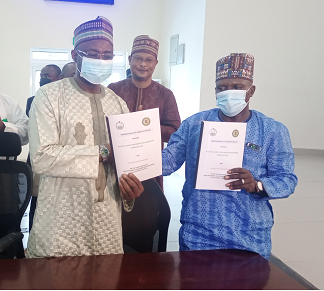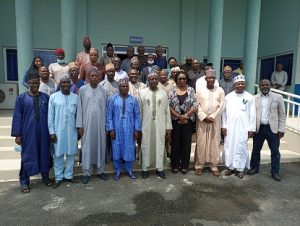An entrepreneurship development centre named after President Muhammadu Buhari initiated by the Scientific Equipment Development Institute (SEDI-Minna) has been commissioned by the Executive Vice Chairman/Chief Executive of the National Agency for Science and Engineering Infrastructure (NASENI), Engr.Prof. Mohammed Sani Haruna. The EVC/CE also had commended the Managing Director/Chief Executive of SEDI-Minna Prof. Mohammed Ndaliman and his team of Management for the initiative.
The Centre, Muhammadu Buhari Entrepreneurship Development Centre (MBEDC), which is dedicated for training and impartation of technology based skills for Nigerian youths, according to SEDI’s Managing Director/Chief Executive was founded to address youth unemployment, tackle poverty and to make the mandate of SEDI Minna have direct bearing on using science and technology to solve societal problems.
SEDI-Minna is one of the ten (10) research and development institutes of NASENI.
While commissioning the newly constructed centre, Prof. Haruna said that the centre has the capacity to train youths in various new and emerging technologies and to make the Nigeria people self-reliant. The EVC/CE explained that the new NASENI and the Institutes under his watch had evolved a new approach toward addressing the need for a viable and or the laying of a sustainable foundation for the industrialisation of Nigeria.
The new NASENI strategy, he explained, is the dynamics of leveraging on the potentials inherent in Nigerians themselves at all facets of development while using the manpower, facilities and expertise in the NASENI system to unleash modern skills on the people through deliberate collaborations with various public and private institutions within and outside the country”.
Prof. Haruna disclosed that NASENI had embarked on the design, fabrication, and reengineering of all processes that would bring the desired technological development, industrialisation and innovations that are capable of addressing unemployment, poverty, and ameliorate capital flight in the country.
The Muhammadu Buhari Entrepreneurship Development Centre SEDI-Minna is one of such initiatives and it consists of 250 Capacity Conference Hall, four (4) offices and seven (7) Skills Acquisition and Training rooms.
Explaining the concept behind the empowerment Centre, Prof. Ndaliman said the establishment of the Centre was made possible through the Federal Government intervention programme under its policy of Economic Recovery and Growth Plan (ERGP). The ERGP, he said, was a medium-term plan of the government for 2017 to 2020 developed to restore Nigeria’s economic growth while leveraging the resilience and ingenuity of Nigerians.
According to him “we at SEDI Minna and by extension NASENI are more suitable to bring into practical realities the government policies of ERGP and many more, this was the concept behind the Muhammadu Buhari Entrepreneurship Development Centre”
The Managing Director of SEDI Minna also hinted that the operations of the new entrepreneurship centre would not be limited to the provision of skills in the areas of shoemaking, leather production etc but the centre will provide the platform for long-lasting technical capabilities to help address problems of unemployment and youth restiveness including poverty-induced insecurity of lives and property in the country.
Prof. Ndaliman used the opportunity of the occasion to call on governments at all levels and stakeholders to take advantage of the Centre and SEDI-Minna facilities and expertise to sponsor youths both to MBEDC and SEDI-Minna for skills acquisition training in any of the following areas: glass blowing, plastic making, wood working, machining and metal fabrication. He said the listed skills would be provided to the trainees in addition to all necessary entrepreneurship norms like discipline, planning, and creativity geared towards profit-making for the trainees in their future endeavours.
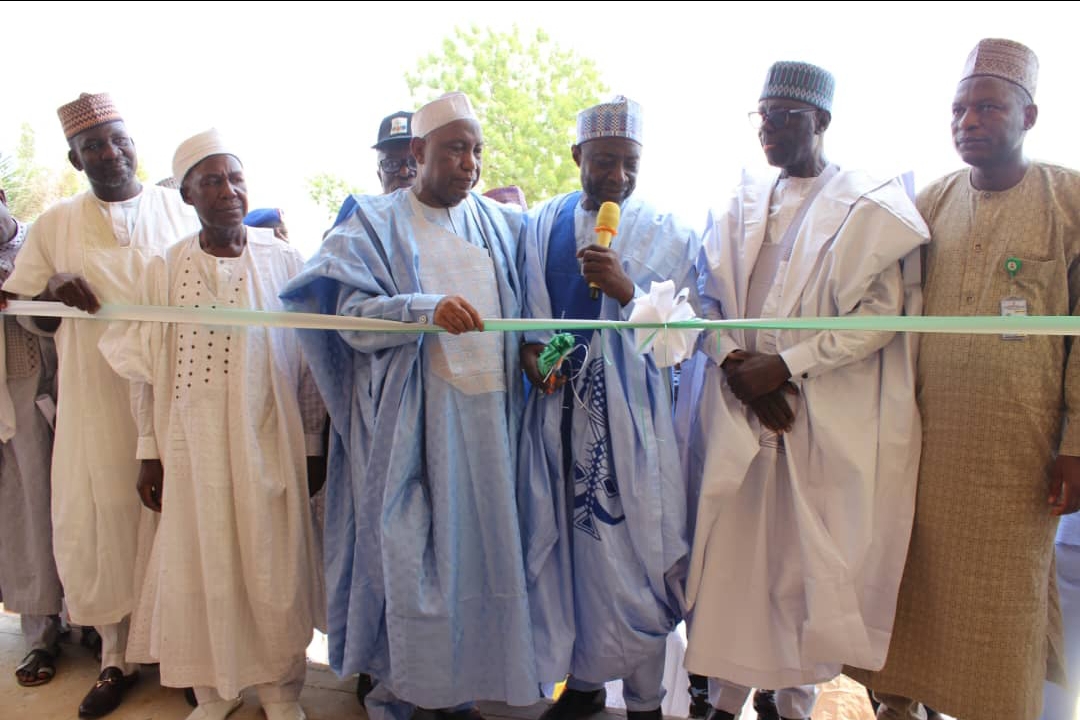
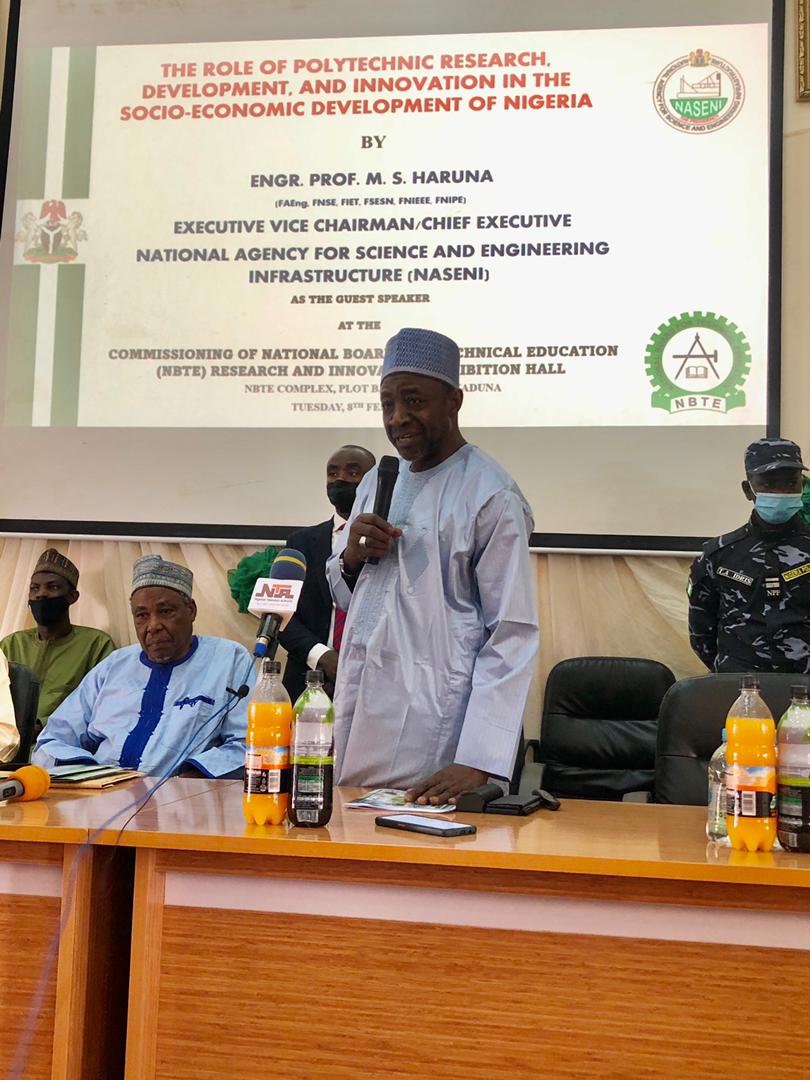
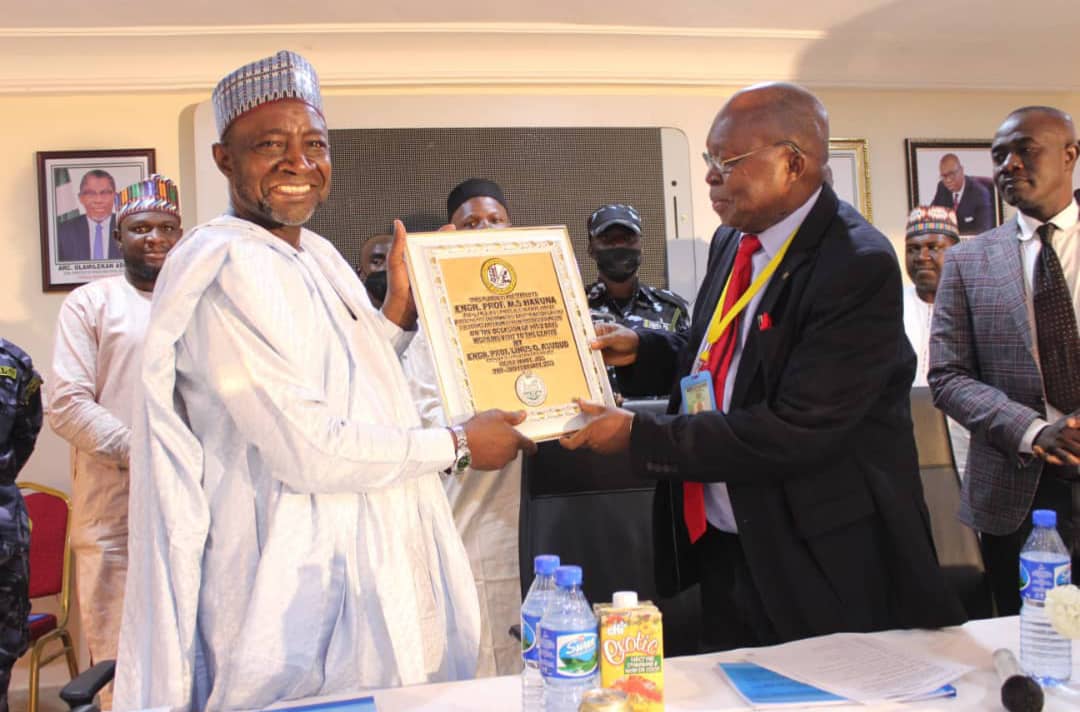
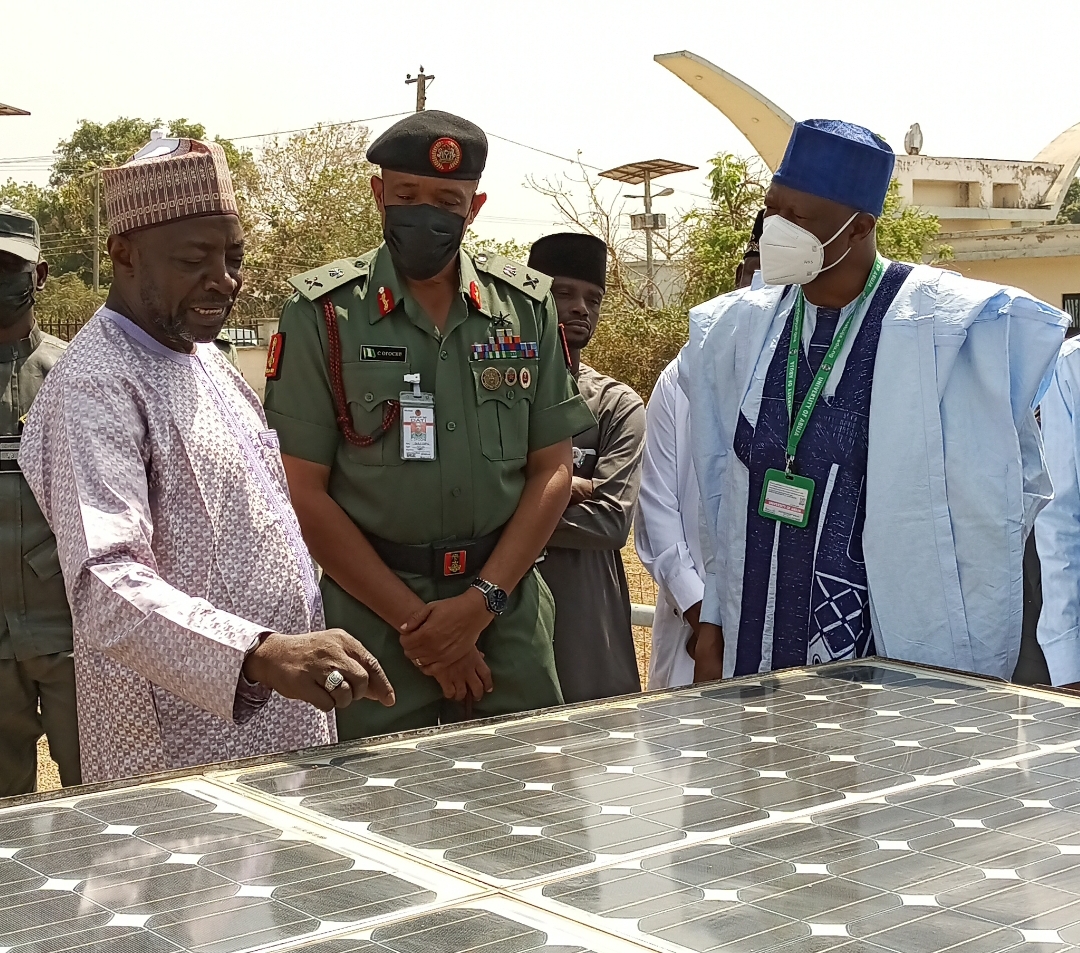
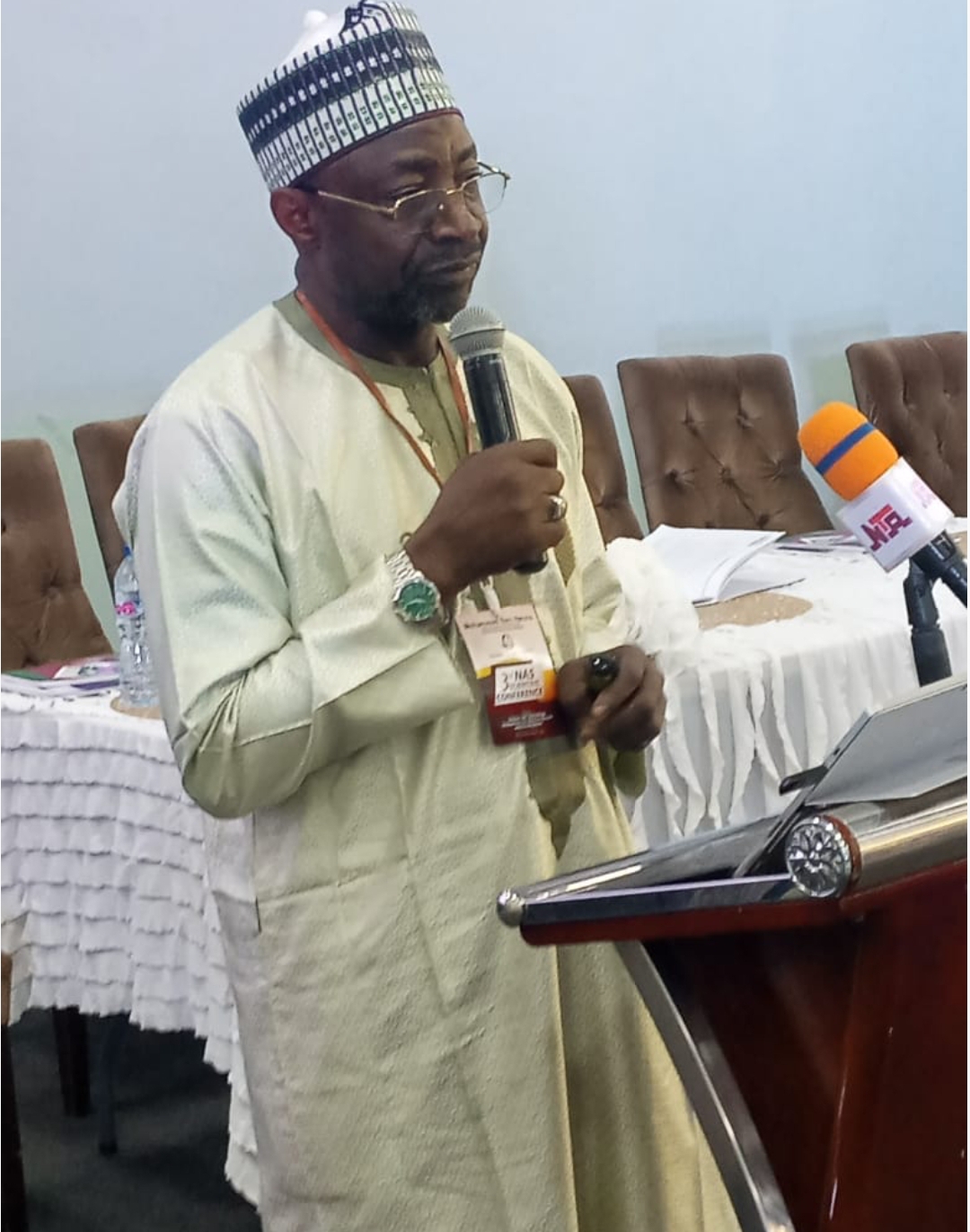
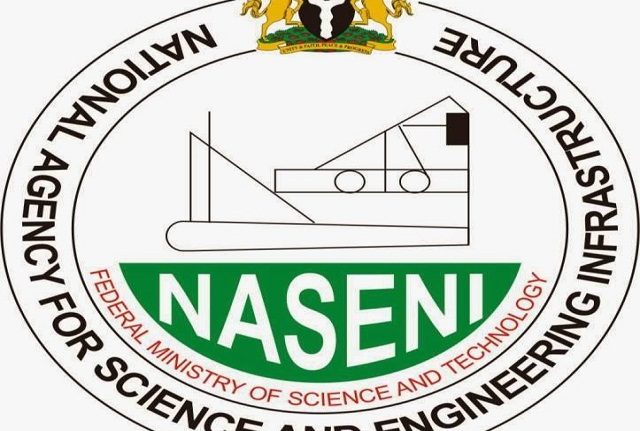
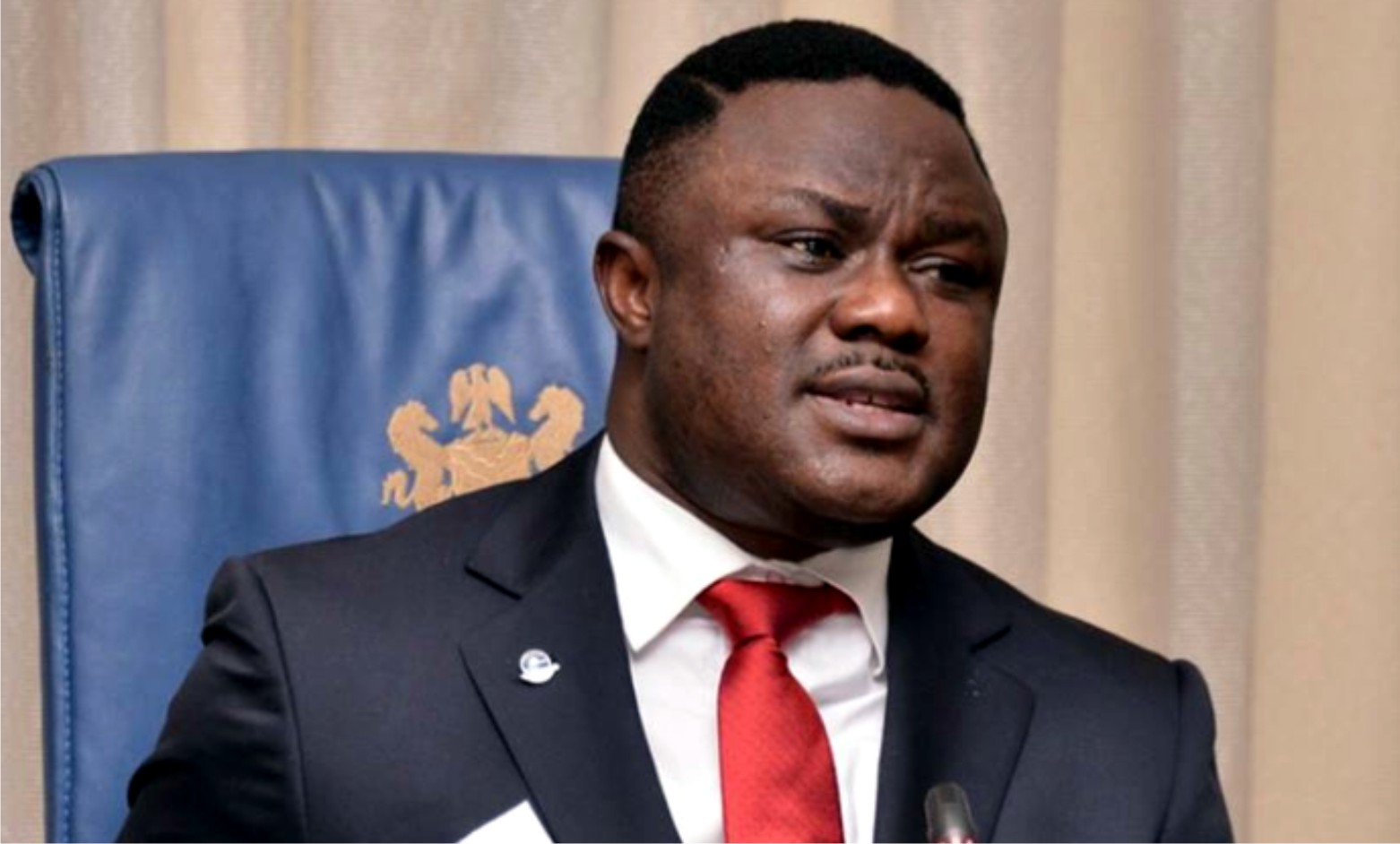
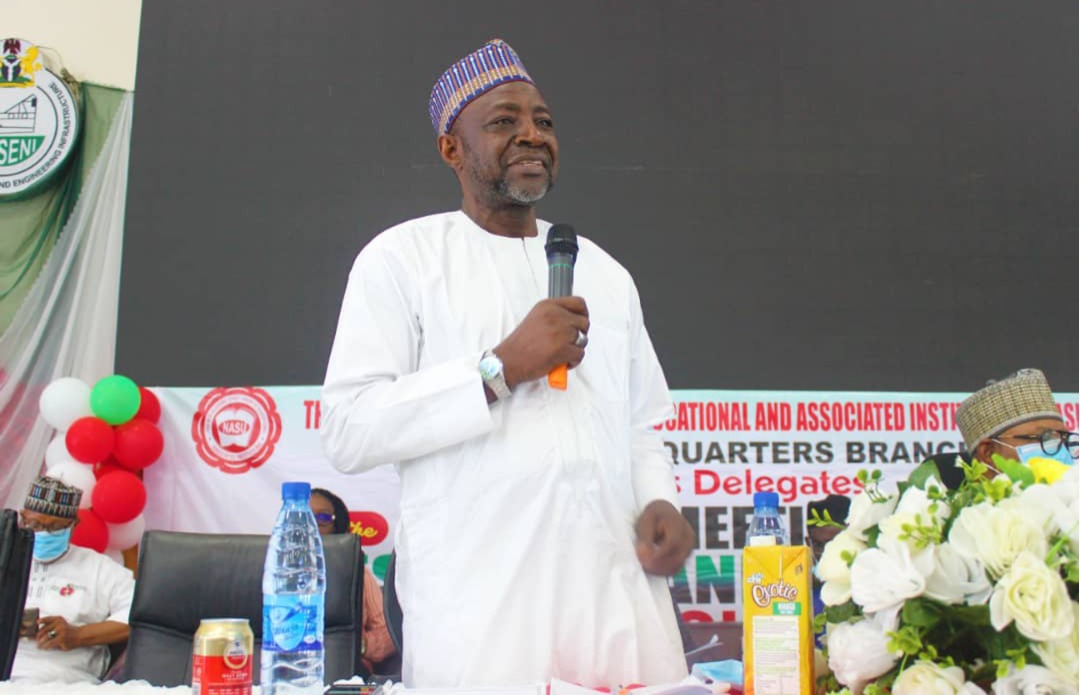
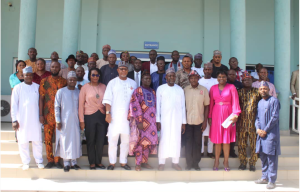 While declaring open today the Non-Academic Staff Union of Educational
While declaring open today the Non-Academic Staff Union of Educational 